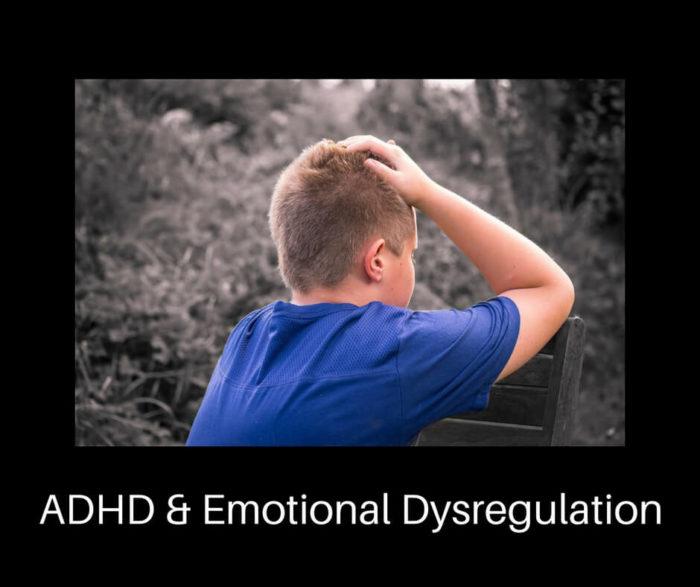Children with Attention Deficit Hyperactivity Disorder (ADHD) are full of energy, creativity, and curiosity. But one of the greatest challenges they face is emotional regulation—managing impulses, calming frustrations, and responding appropriately in different situations. For many parents and educators, helping children build these emotional skills is just as important as improving focus and memory.
Thankfully, advances in digital therapy are offering new solutions. Augmented Reality (AR) games designed for children with ADHD are proving to be powerful tools in teaching self-control, patience, and emotional resilience—all while keeping children actively engaged.
Platforms like WonderTree’s ADHD therapy games are leading this innovation, turning therapy into a rewarding and playful experience.
Why Emotional Regulation Matters in ADHD
ADHD is not only about inattention or hyperactivity—it also affects how children process and express emotions. Common challenges include:
-
Impulsivity: Acting before thinking, blurting out, or interrupting.
-
Low Frustration Tolerance: Quick to anger when tasks become hard.
-
Mood Swings: Intense highs and lows within short time spans.
-
Difficulty Calming Down: Trouble returning to focus after emotional outbursts.
-
Social Struggles: Problems with peer relationships due to uncontrolled reactions.
Without support, these struggles can lead to low confidence and difficulties at home and school. That’s why emotional regulation must be a core part of ADHD treatment.
How AR Games Help Build Emotional Self-Control
Unlike traditional methods, AR therapy uses play-based learning to teach children how to manage emotions in real time. Here’s how it works:
-
Immediate Feedback
When a child makes a move in the game, they instantly see the result. This helps them understand the link between actions and consequences—critical for impulse control. -
Safe Practice Environment
Games provide a safe space to make mistakes, learn patience, and try again without fear of failure. -
Reinforcement of Positive Behaviors
AR games reward children for staying calm, following rules, and persisting—encouraging emotional resilience. -
Mind-Body Connection
Many AR games involve physical movement, which helps children release excess energy and regulate emotions naturally.
WonderTree Games That Support Emotional Regulation
WonderTree designs games that combine fun with therapeutic outcomes. Here are some that specifically target emotional growth:
1. Balance It
Children must hold still in specific poses to succeed.
Skill Benefit: Teaches patience, self-discipline, and calmness.
2. Bubble Pop
Kids must carefully select the right bubbles while ignoring others.
Skill Benefit: Strengthens impulse control and delayed gratification.
3. Astro Blocks
Children plan and organize block patterns step by step.
Skill Benefit: Encourages strategic thinking and frustration management.
4. Move Quest
Children complete guided physical challenges that require focus and persistence.
Skill Benefit: Builds emotional resilience by rewarding effort and consistency.
The Science Behind Emotional Growth Through AR
Psychologists emphasize that children with ADHD need structured, engaging environments to learn self-control. Research shows that gamified learning:
-
Activates dopamine pathways, improving mood and motivation.
-
Helps develop executive functioning skills, key to managing emotions.
-
Teaches delay of gratification, a foundation for patience and impulse control.
By making therapy fun, AR games help children practice emotional regulation in a way that feels rewarding—not stressful.
How Parents and Educators Can Reinforce Emotional Skills
AR therapy works best when supported at home or in school. Here are practical tips:
-
Play Together – Parents should join in sessions, modeling patience and calmness.
-
Set Routines – Use AR games 3–5 times a week for short sessions.
-
Celebrate Effort, Not Just Wins – Praise children for staying calm or persisting, even if they don’t win.
-
Link to Real Life – Connect game lessons to daily life (e.g., “Just like in Bubble Pop, you waited your turn calmly!”).
-
Use the Progress Dashboard – WonderTree’s tracking system helps monitor improvements in self-regulation over time.
Real-Life Success Story
An occupational therapist shared:
“One of my ADHD students used to have frequent meltdowns during lessons. After weeks of using WonderTree’s Balance It, I noticed him pausing and taking deep breaths when frustrated. The change in his self-control has been incredible.”
These success stories highlight the potential of AR therapy to not only improve learning but also transform emotional well-being.
Why WonderTree Leads in Emotional Support for ADHD
WonderTree stands out as a leader in AR therapy for ADHD because it combines:
-
Accessibility: Works on any webcam-enabled device.
-
Affordability: Cost-effective compared to traditional therapies.
-
Engagement: Children actually look forward to therapy sessions.
-
Holistic Growth: Focuses not only on cognitive skills but also emotional and social development.
By gamifying therapy, WonderTree makes emotional growth both achievable and enjoyable.
Final Thoughts
Emotional regulation is one of the biggest hurdles for children with ADHD, but it doesn’t have to hold them back. With the right tools, children can learn to manage frustration, control impulses, and build resilience.
Platforms like WonderTree’s ADHD therapy games are proving that therapy doesn’t have to be dull or difficult. Through fun, interactive AR experiences, children practice essential emotional skills that extend into school, friendships, and everyday life.
For parents, educators, and therapists looking to support ADHD children, AR games may just be the missing link to building emotional self-control—and unlocking a brighter, calmer future.

